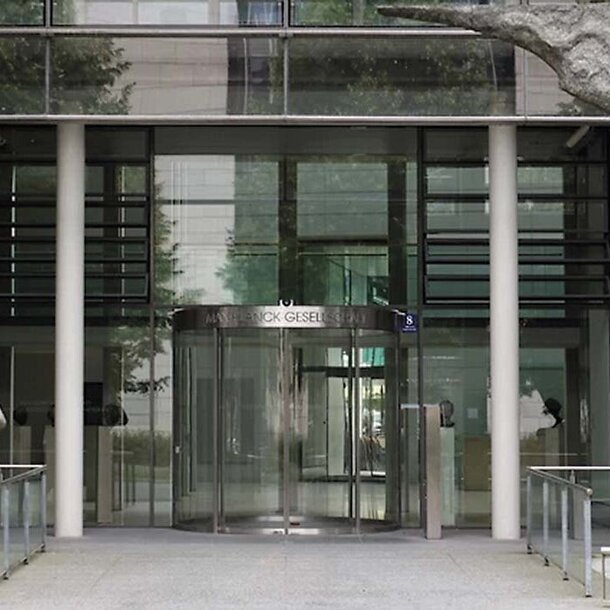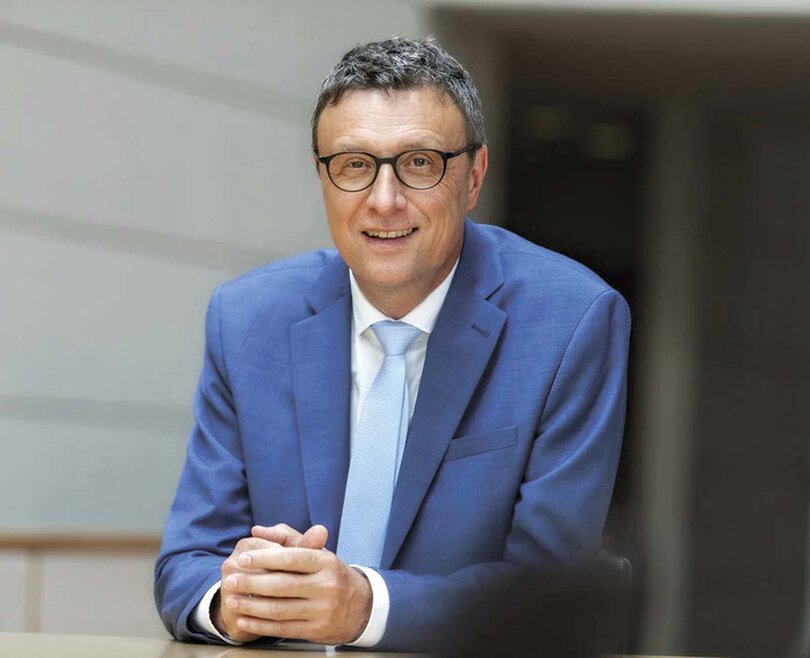Professor Cramer, in your inaugural address as President of the Max Planck Society, you emphasised the importance of global connections for science, one of the reasons being that they build bridges that outlive contemporary history. To what extent did your experiences as an Erasmus student at the University of Bristol in the UK shape this view?
Professor Patrick Cramer: To a very large extent. When I arrived in Bristol with my rucksack back in 1992, there were border controls and customs. When I returned to England again in January 1993 after my Christmas break in Germany, everything had changed. The Maastricht Treaty had come into force on 1 January 1993. I was interviewed by a British TV station at the time – I still have videotape – and asked what the situation was like in Europe. In other words, people on the island simply did not feel part of Europe.
Then there were some very positive developments. The UK was part of the EU and lots of things became easier. When Brexit eventually happened almost three decades later, it made me really sad because I’ve always felt very close to the people on the island since living there, and I visit colleagues and give lectures there at least once a year.
This is what Erasmus does: it provides young people with a new perspective of the world and helps them understand different societies, countries and cultures. These experiences remain with you all your life. They reduce prejudices, broaden horizons and build bridges. My big concern is that the achievements that have been made will be threatened within a generation if there are fewer exchanges between students (and school pupils). People involved in science around the world must remain in touch, even when times are hard. Because when we enter a new age, we are ready to build bridges.

